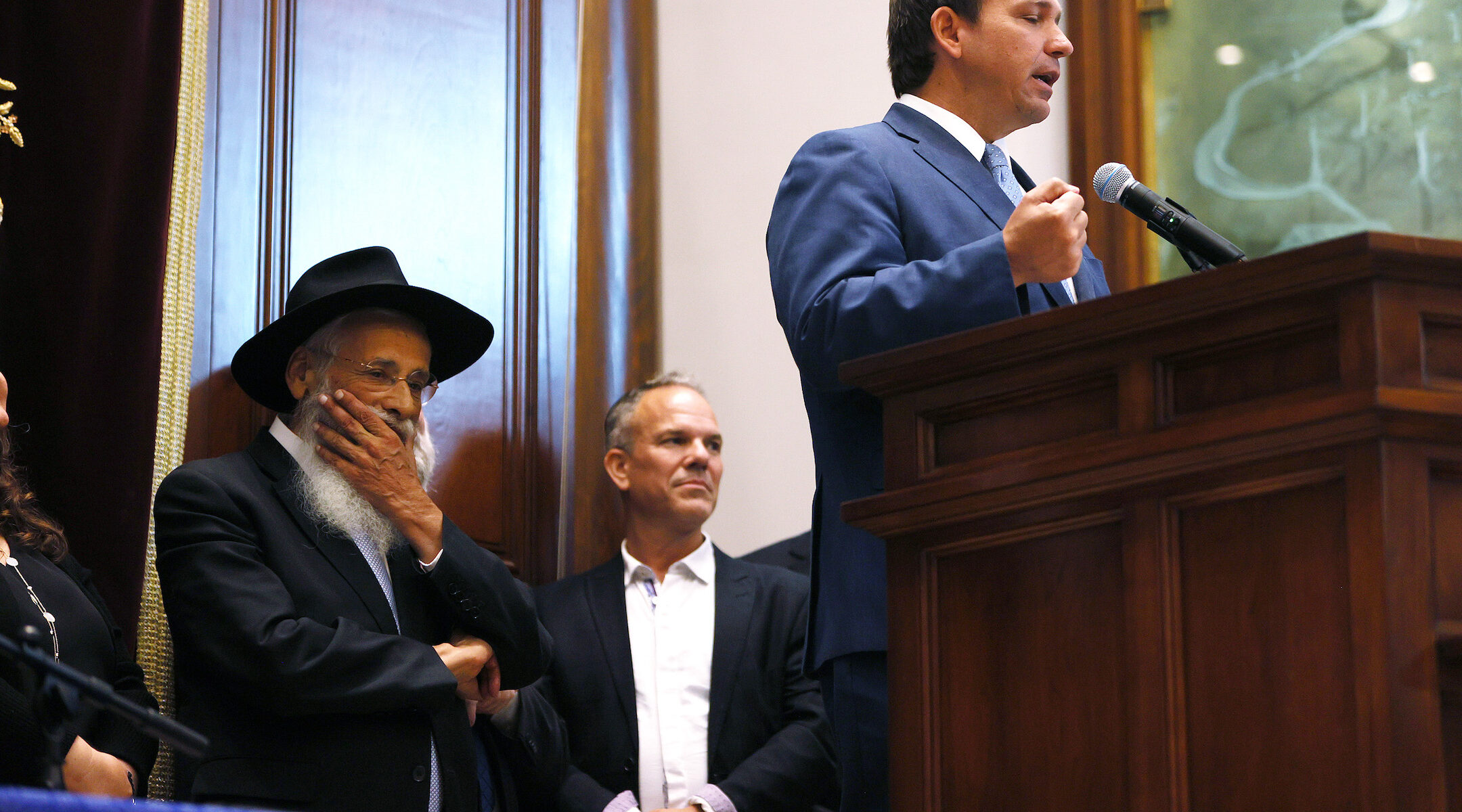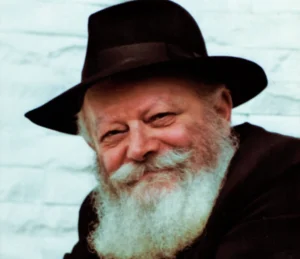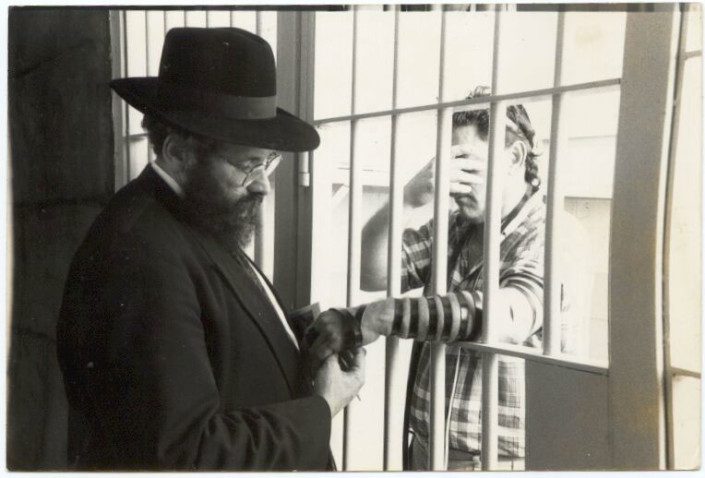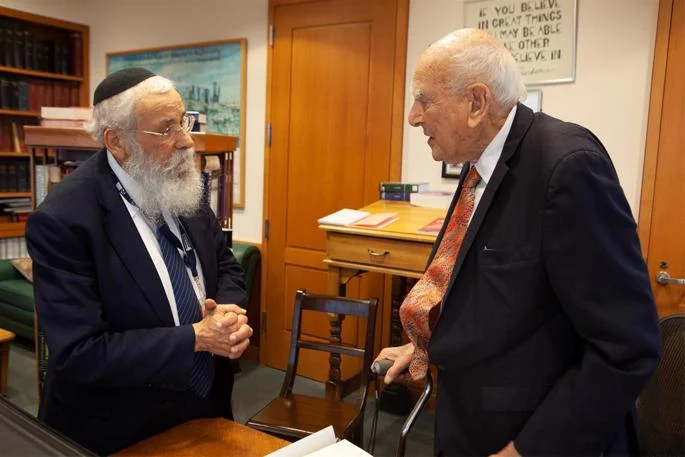Rabbi Sholom Lipskar, Who Fought Antisemitism with Torah and Love, Dies at 78


NOTE: This piece was first published on FLGulfNews.com.
By Richard Luthmann
Rabbi Sholom Ber Lipskar entered the world in Stalin’s Soviet Union in 1946, just 20 days before his family escaped across the Iron Curtain. With no papers, his parents smuggled him out in a suitcase.
It was a fitting start for a man who spent his life smuggling holiness into society’s most spiritually barren corners—from prison cells to military barracks.
He died on May 3 at age 78.
The spiritual leader of The Shul of Bal Harbour, he spent more than four decades transforming one of Miami’s most exclusive and formerly antisemitic enclaves into a thriving center of Jewish life.
He also founded the Aleph Institute, which serves thousands of Jewish prisoners and U.S. servicemembers around the globe.
“He was a man of depth, action, and boundless energy—equally at home giving a fiery sermon or comforting a prisoner,” said Yeshiva World News in a Sunday tribute.
Prisoners’ Rabbi Dies: The Rabbi Who Changed the Map
In 1982, the Lubavitcher Rebbe, Rabbi Menachem Mendel Schneerson, sent Lipskar and his wife, Chani, to Bal Harbour.

The neighborhood was hostile to Jews. Housing deeds prohibited Jewish buyers. The Bal Harbour Club did not admit Jewish members until forced to do so by a discrimination lawsuit.
Lipskar didn’t flinch. He began by organizing prayer services out of his home and quietly laying the groundwork for what would become one of the most iconic Chabad institutions in the world.
“When my wife went house-hunting, I stayed hidden,” he once recalled. “We didn’t want to blow the deal.”
With fierce determination, Lipskar eventually erected The Shul of Bal Harbour—a grand synagogue on Collins Avenue, described by the Rebbe as a “pilot project for the world.”
It welcomed Jews of all backgrounds, attracting locals and global visitors.
A $20 million expansion was dedicated in recent years to keep pace with its exponential growth.
Prisoners’ Rabbi Dies: Remember the Forgotten
Lipskar was not content to build a synagogue. He wanted to build bridges to the incarcerated, the forgotten, and the rejected.
In 1981, he launched the Aleph Institute, answering the Rebbe’s public call to reach Jewish inmates.

“There was almost never a time when I passed by the Rebbe for dollars that he didn’t mention Aleph,” Lipskar said in 2019. “He’d say, ‘For the entire Aleph’—that Aleph [the first Hebrew letter] guides all the letters that follow.”
Aleph blossomed into a lifeline for thousands. The group provides kosher food, spiritual counseling, legal support, and dignity to prisoners and their families. It also serves military personnel and advocates for Jewish chaplaincy and religious freedom.
“When the world forgot me, Rabbi Lipskar and Aleph remembered. He didn’t just bring kosher food—he brought dignity,” said Philip Kenner, Jewish federal inmate and Aleph program participant. “He reminded me I was still a Jew, still a soul, not a number. That saved me.”
Lipskar once secured permission to bring 20 federal inmates to Brooklyn to attend a farbrengen, a Hasidic gathering, with the Rebbe.
He agreed without protest when advised to sit them separately to avoid embarrassment. “He always made sure they were treated as souls, not statistics,” said a longtime Aleph volunteer.
Prisoners’ Rabbi Dies: Surfside and the Psalm of Hope
In June 2021, the Champlain Towers South condo collapse killed 98 people just blocks from The Shul. Lipskar’s synagogue became a makeshift headquarters for first responders and grieving families.

The Rabbi handed Psalm 23 cards to rescue teams. He hosted vigils. He held the community together.
“Sometimes from tragedy, from darkness, you can bring out a sense of humanness and decency,” he told the Jewish Telegraphic Agency. “It’s the Jew’s role to infuse civilization with holiness, divinity, and meaning.”
Florida Governor Ron DeSantis called Lipskar “a guiding light during the Surfside tragedy.”
Former Governor and U.S. Senator Rick Scott said, “We were honored to call him a friend.”
A Global Reach, a Personal Touch
Lipskar’s legacy stretched beyond Florida. He mentored businessmen, comforted addicts, debated judges, and encouraged soldiers. No Jew was too distant, and no soul was too lost.
He was good friends with the legendary Brooklyn Federal Court Judge Jack Weinstein, who publicly laueded him and Aleph for their work with prisoners.
In December 2024, The Jerusalem Post honored him with a handcrafted menorah for a lifetime of service.
In his speech, Lipskar declared: “Jewish identity is the most extraordinary gift we have. Together, we have the power to move the world forward.”
His impact was so vast that the Rebbe once told him, “I’m traveling with you! You should go with joy.”
Prisoners’ Rabbi Dies: The Final Journey
On Sunday, thousands lined the streets of Bal Harbour and Brooklyn as Lipskar’s body traveled to its final resting place—Montefiore Cemetery in Queens, where the Lubavitcher Rebbe is also buried.
He is survived by his wife Chani; children Devorah Leah Andrusier and Rabbi Zalman Lipskar; grandchildren; and siblings Rabbi Mendel Lipskar (South Africa), Yossi Lipskar (Miami Beach), and Batsheva Schochet (South Beach).
The man who arrived in the free world inside a suitcase leaves behind a legacy that spans continents, communities, and correctional institutions.
He built buildings. He built bridges. But more than anything, Rabbi Sholom Lipskar built souls.



Leave a Reply